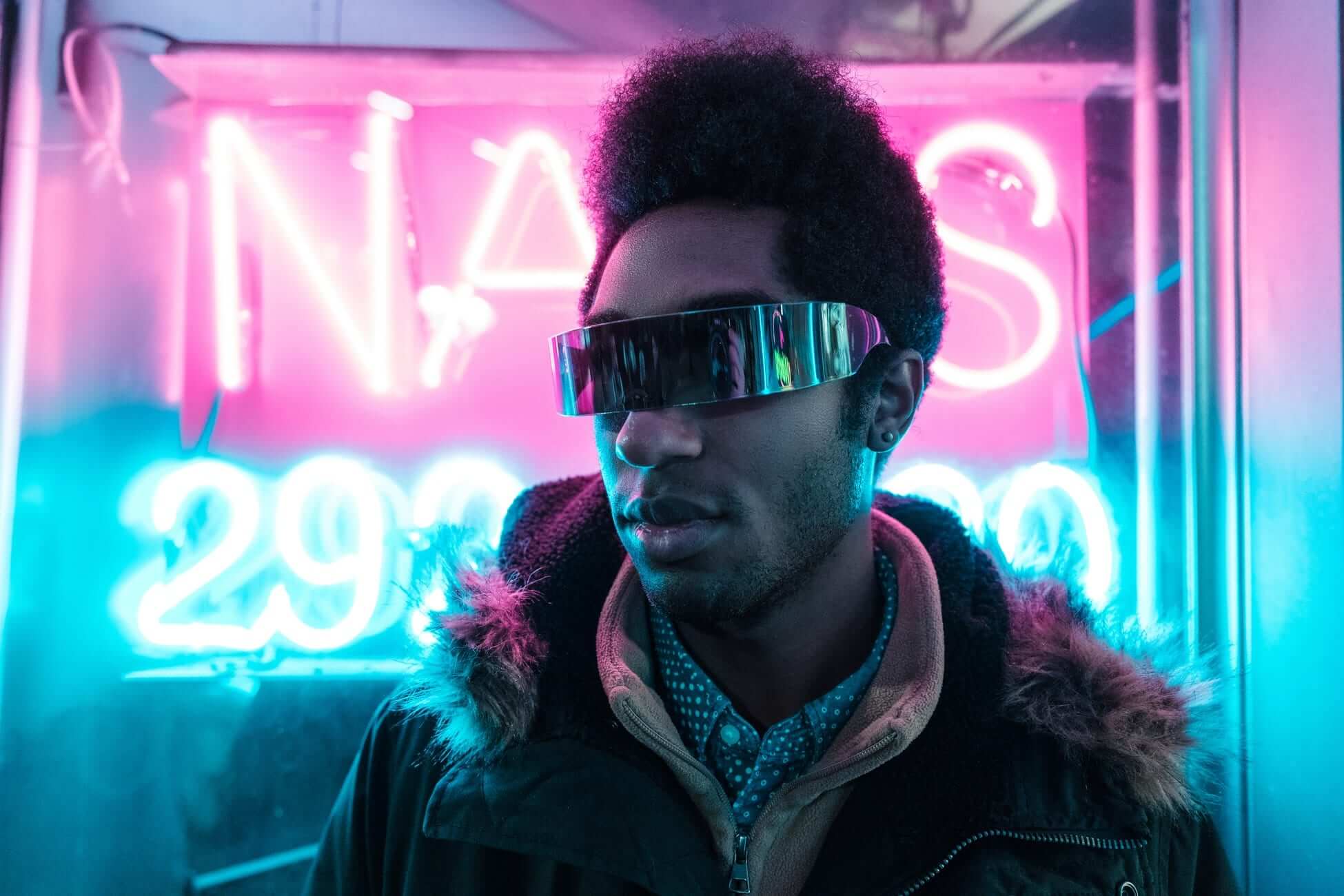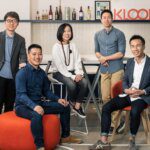For some reason, I never really managed to start a blog, or write on a regular basis — even though I promised myself several times that I would. There were always good reasons: too busy, unclear thoughts, etc.
I just came back from a 2-month retreat in South America, and for the first time in a while, I have almost no backlog, no project deadline to be stressed about, only enthusiasm. I feels like starting from a blank page again.
I have dedicated the past 4.5 years to an organization I have co-founded and I am very proud of — OuiShare, a network of innovators exploring the edges of collaborative and digital transformations. We have had some success: our beautiful community grew globally, many complex ideas were curated on our web magazine, and we have organized numerous successful festivals and crazier projects such as POC21: a 5-week innovation camp in a old french castle where 200 ecohackers built 12 open hardware products for sustainable living (check out the movie, it’s fun).
During those years, I had the chance to meet, hear and read from more exceptional people than during the rest of my life. These encounters helped me significantly to grasp the complexity and interconnectedness of the challenges our world is facing today: climate change, depletion of natural resources, biodiversity loss, rising inequalities and massive unemployment, a corrupt financial system, regressions in democracy and human rights, the refugee crisis, a looming food and water crisis and even the possibility of global conflict… some scientists say our civilization is nearing collapse, while tech gurus rejoice over the coming “singularity” that will bring a new wave of prosperity, once software has eaten the world, and every facets of our lives are digitalized and platformized— unless Artificial Intelligencedecides to get rid of us before, obviously.
That sounds like quite a mess, right? Well really, it is. But at the same time, we live in a world where the tools for building the solutions to these wicked problems have never been more ubiquitous. Entrepreneurs of all kinds — with ventures big or small, forprofit or nonprofit, highly digital or highly social — are now arguably the strongest drivers of change. Some even say entrepreneurship is the new politics. The new role model, Elon Musk, is not building a better iPhone, but a way out of the energy crisis, a plan to save us from killer AI, and even a hard-drive backup of humanity on Mars. The first two of these are being done in the spirit of open source.
The shift to entrepreneurs as the main driver of change instead of large corporations and governments is not a new idea — Schumpeter was all in about that. But maybe we should think about it in the larger context of what we could call a “decentralization of the economy”. I think the change happening today involves a decentralization process of all the assets and activities that used to be tied up in industrial corporations, that is heavily driven by technology — especially digital:
- decentralized communications (the internet) which has enabled the peer production of knowledge commons (open source software and hardware, open science, open data, …)
- decentralized fabrication (Fab Labs, Fab Cities, and the “Maker Pro” as the new competitive unit of — local — manufacturing) and closed loop supply chains enabling a zero-waste / circular economy
- decentralized energy production (renewables, micro-grids)
- decentralized food systems (small-scale and productive organic farms, urban farming, co-operative distribution channels)
- decentralized finance (crowdfunding, crypto-currencies)
- decentralized work (freelance work, coworking spaces, and new entrepreneurial collectives such as Enspiral)
- decentralized organizations (Blockchain-based) where value can be exchanged without intermediaries — thanks a a re-decentralization of the technical infrastructure of the digital economy
The last one may even become the foundation for everything else: the Blockchain, which is experiencing a large hype lately, is often described as the most disruptive technology since the internet itself.
Looking at these developments, could we imagine a certain form of digital transition, preferably based on open source technology and decentralized architectures— that ensures civic oversight, innovation efficiency and fair distribution of value? Could it help us move towards a more humane and sustainable society, a “Transition Squared”?
I would argue that to achieve this, what we lack is not necessarily better technology, but a better way to build technology. More precisely, I think that we need at least the three following:
- A more critical approach to technology and the complexity of problems we are tackling — including rebound effects and hidden costs. For instance, how the batteries of our electric vehicles will all end up in garbage and deplete our scarce mineral resources if they last only a few years and cannot be fully recycled ; how your shiny smartphone relies on Coltan miners in Congo accepting in-humane working conditions to extract this precious metal ; or how on-demand service platforms and automation precarizes and displaces workers, without providing a clear social safety net, possibly hollowing out the middle class.
- New financing models for startups (especially early-stage) aiming to address wicked societal problems with technology that is open and decentralized. When entrepreneurs and investors get more focused on making a profit selling the company — through IPO or acquisition by a bigger fish — than on making it financially sustainable, then it becomes hard for them to really scale their impact without compromising their initial (sometimes honest) vision of “making the world a better place”. This is probably one of the hardest nuts to crack, and will require the best brains from both traditional venture capitalists and impact investors. Interesting ideas and experiments include O’Reilly’s Indie.VC, the Chroma Fund, and Omidyar Network’s Frontier Capital.
- A tightly integrated ecosystem — entrepreneurs, investors, incubators, media, user and prosumer communities, progressive companies, researchers and activists. What makes Silicon Valley so successful is not because of superior technology, but its superior ecosystem. The existing startup community, cleantech community, and social entrepreneurship community are all great, but what we need is some sort of mix.
This Medium will be a humble attempt to contribute to the first item: developing a more critical approach to technology. Expect occasional blog posts, long or small, focused or broad, in english or french — most of them linking to people that are much smarter than me. This will also involve me working closely with (advising, or sometimes more) a handful of startups that I find aligned with this vision. I am currently working with Backfeed, a blockchain-based, reputation-driven governance system for Decentralized Collaborative Organizations, and L’Increvable, a washing machine that you assemble yourself and can last 50 years.
The “new financing models” part will be the main focus of a new endeavour: a venture fund for 21st century technology. This is a huge task with no guarantee of success. I have some ideas about how to proceed, who to raise funds from, and what mechanisms could be applied to ensure long-term focus of entrepreneurs on building meaningful technology, but I will need a lot of help on the way. If you are working in venture capital or impact investing today, and you find this idea appealing, let’s talk!
Now for the third part, building an ecosystem … Well, this is not something you can do by yourself, but I have ideas of where to start, who to exchange ideas with (see here, here and here) and what tools we could use. Hint: it may involve the Blockchain, but maybe because I have been completely obsessed with this technology lately 😉
About the Author
This article was written by Benjamin Tincq, exploring the Frontiers of Impact @GoodTechLab with emerging tech, entrepreneurship and VC innovation • CoFounder @OuiShare @POC21cc • Also @FabCity.





























